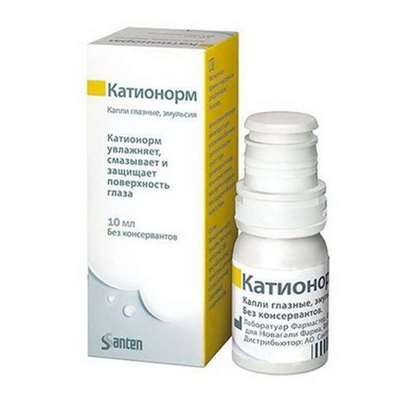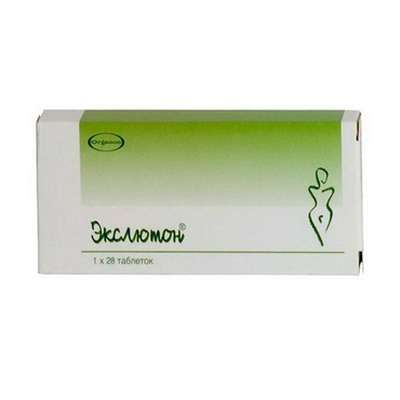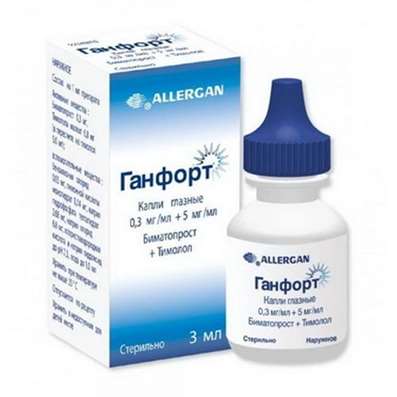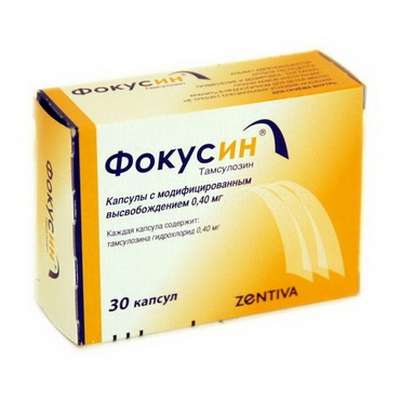Amdoal, Zilaxera, Abilifay - Aripiprazolum
07 Mar 2018
Trade names: Amdoal, Zilaxera, Abilifay
A relatively new (admitted by the FDA in 2002) drug of the class of atypical antipsychotics (antipsychotics), introduced into the world pharmaceutical market following clozapine, risperidone, olanzapine, quetiapine and ziprasidone.
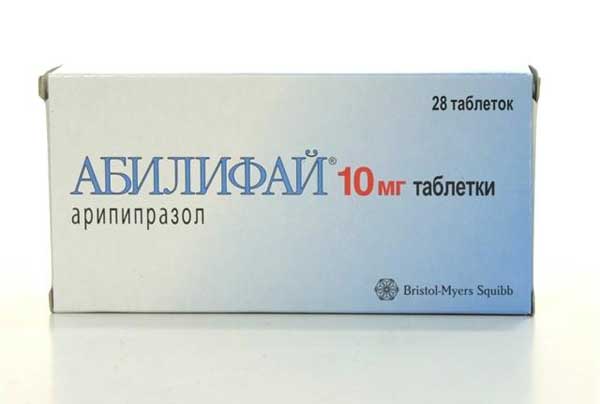
Aripiprazole displays antagonism typical of "neuroleptics" for dopamine receptors of the D2 subtype in the mesolimbic path, while possessing the unique property of partial agonism to the same receptors in the mesocortical pathway. Like other "atypical" antipsychotics, aripiprazole displays a strong antagonism to the serotonin 5-HT2A receptor subtype and, like ziprasidone, agonism to 5-HT1A receptors. If to speak more correctly, aripiprazole is a partial agonist (mixed agonist-antagonist) of 5HT1 and D2 receptors, that is, it excites the receptor in the absence of a neurotransmitter and blocks it in excess. The drug has the lowest affinity among all atypical antipsychotic agents for adrenergic (α1), histamine (H1), and muscarinic (m1) receptors. Such a pharmacodynamic spectrum explains the high therapeutic efficacy of aripiprazole in schizophrenia and bipolar disorders and at the same time the low frequency and severity of the observed side effects, including weight gain and motor disorders. The latter is of exceptional importance in long-term psychosis therapy. The ability of aripiprazole to reduce the levels of prolactin, glucose and lipid injection is noted; The significance of these changes requires further research. An important positive feature of the action of aripiprazole is its ability to reduce the QT interval of the electrocardiogram, which may indicate a higher cardiovascular safety of treatment with this drug.
Aripiprazole should be taken 1 time per day. The drug is well tolerated by patients. In clinical trials, there has never been a need to titrate the dose of this drug.
Indications
- Schizophrenia, with acute attacks and for maintenance therapy (including adolescents from 13 years of age)
- acute manic attacks of type I with bipolar disorder (including children from 10 years of age)
- Supportive therapy for bipolar affective disorder type I, after a manic or mixed episode of a single manic episode as an adjunct to antidepressants
- in the treatment of major depressive disorder
Bristol-Myers Squibb is considering the possibility of using aripiprazole in the treatment of alcoholism.
It is shown that in cases of exacerbation of chronic schizophrenia aripiprazole is much more effective than placebo. It can be clarified that the drug at a dose of 30 mg / day has an advantage in comparison with placebo, but this is not observed at doses of 2 or 10 mg / day. At the same time, the authors noted a clinical improvement in symptoms in all patients receiving aripiprazole. It was also found that the drug in doses of 15 or 30 mg / day is significantly more effective than placebo in exacerbating schizophrenia. In a study by Carson, Pigott, Saha et al. aripiprazole at a dosage of 30 mg / day compared with haloperidol (10 mg / day) in the treatment of patients with exacerbation of schizophrenia. In comparison with haloperidol, a much larger number of patients responded positively to therapy (reduction of symptomatology by PANSS score more than 30%, stable condition for 1 month). In addition, the authors showed that the reduction of negative and depressive symptoms in patients treated with aripiprazole was significantly greater than with haloperidol. Thus, the results of a number of short-term studies have convincingly shown that aripiprazole is effective in treating positive and negative symptoms in the structure of schizophrenia.
In long-term studies, it has been demonstrated that aripiprazole is effective in the prevention of exacerbations of chronic schizophrenia. Patients treated with aripiprazole reported a significantly lower risk of exacerbations and a better improvement in their condition compared to those receiving placebo.
A significant improvement in secondary verbal memory in patients treated with aripiprazole compared with olanzapine (p <0.05) was shown when comparing the neurocognitive effect in the treatment of aripiprazole and olanzapine in chronic schizophrenia.

 Cart
Cart

